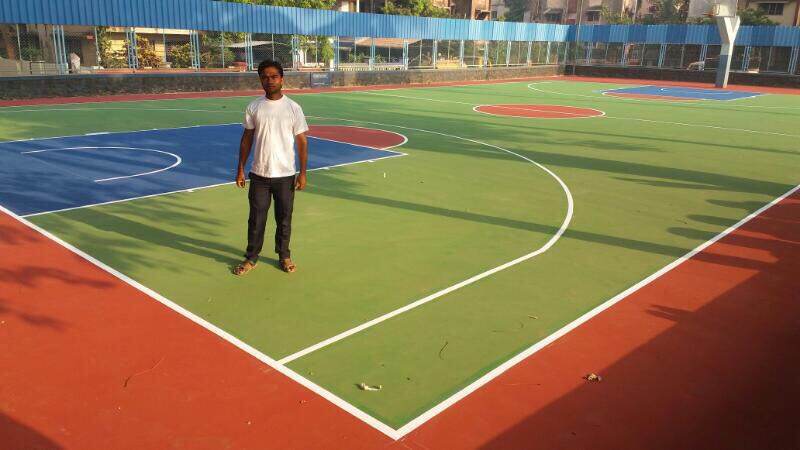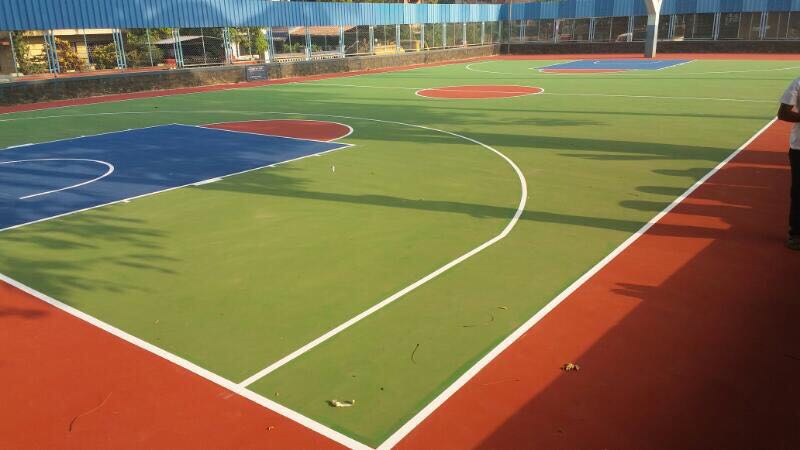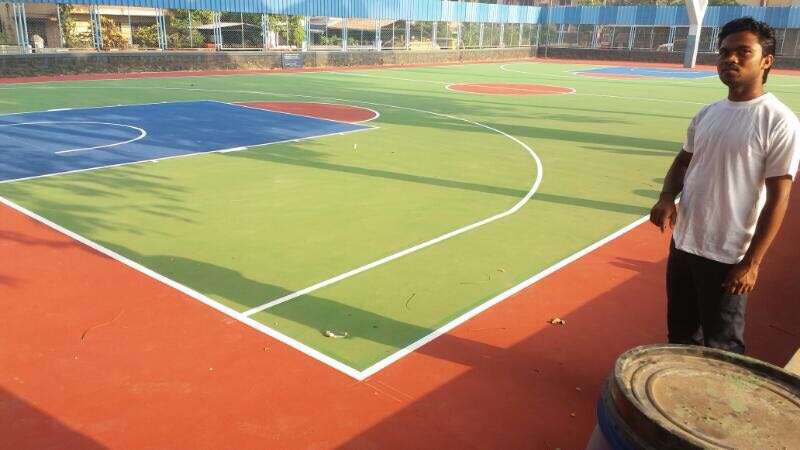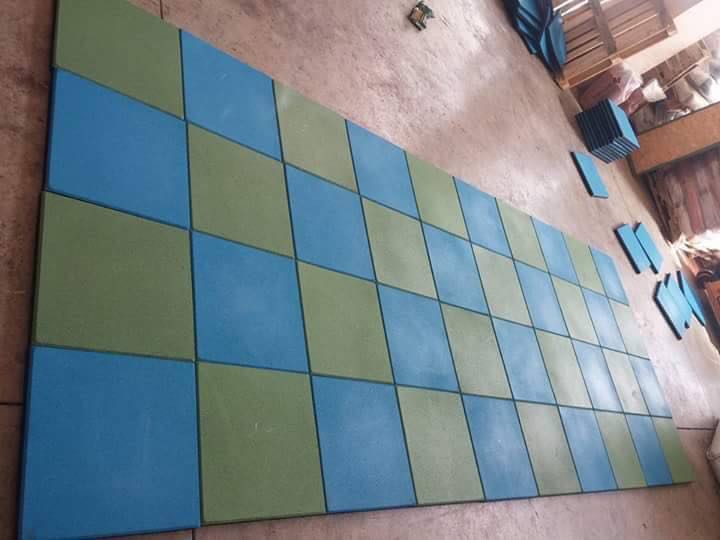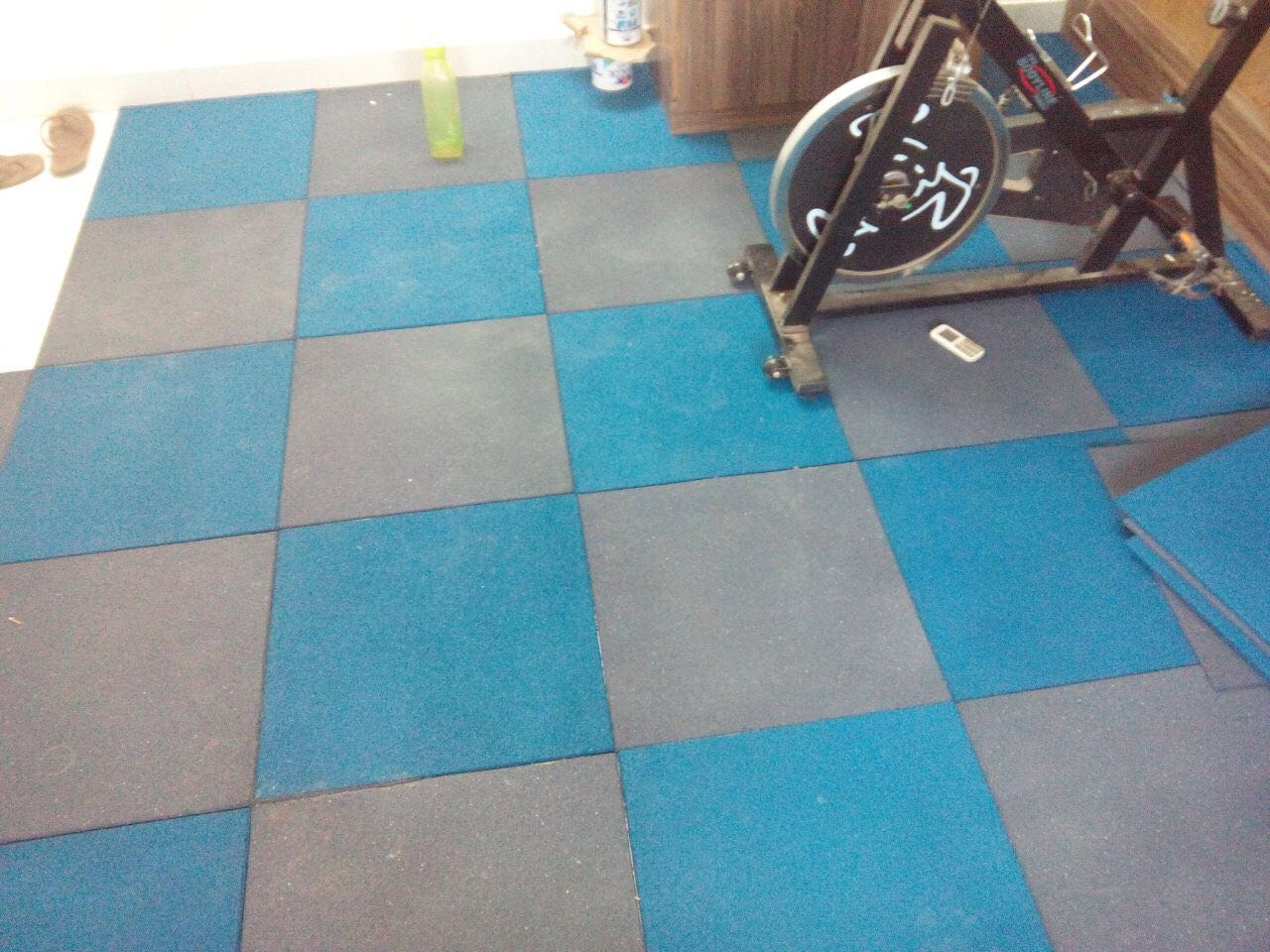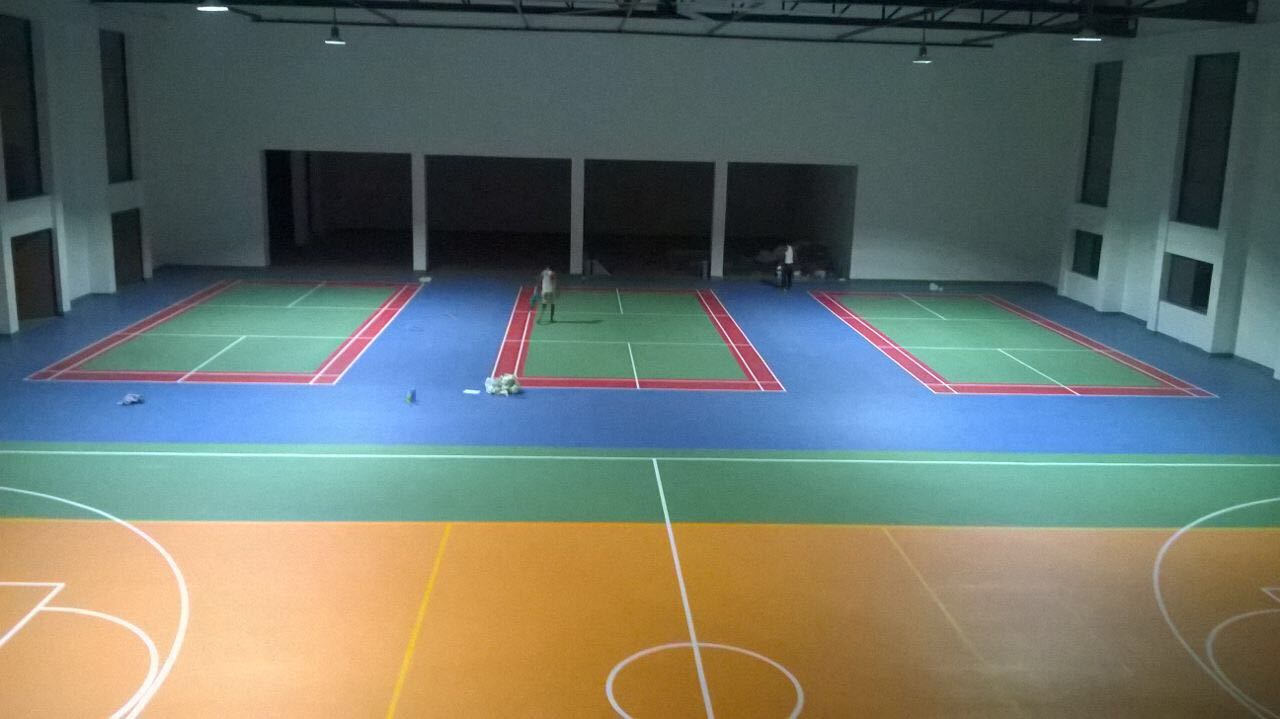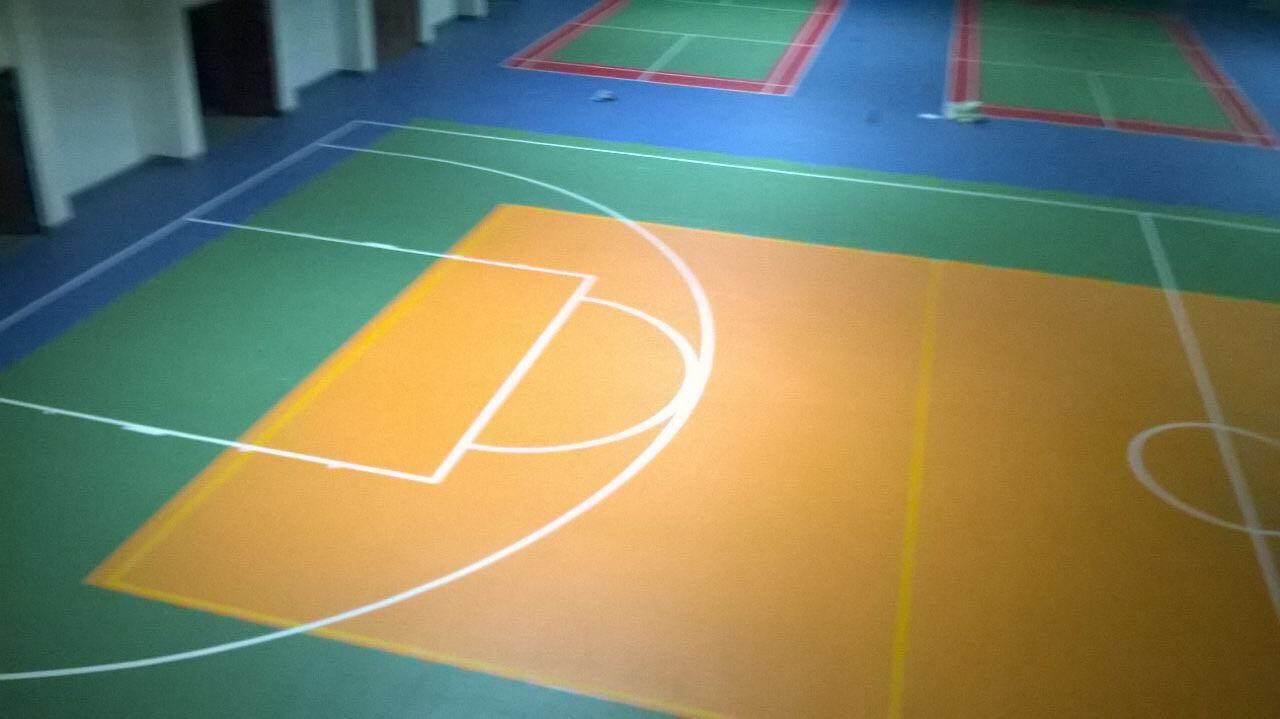Synthetic Flooring
Synthetic flooring is a category of material that includes laminate floors, vinyl, linoleum and rubber -- all of which combine man-made substances with naturally-occurring ones to produce a variety of floor covering options. Synthetic flooring may come in sheets, planks, or tiles in a multitude of colors and designs. They are often the preferred material in high-traffic areas as they are easy to maintain; resist stains, scratches, and water; and are comfortable underfoot.

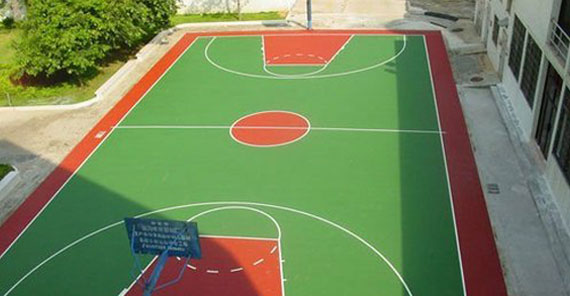
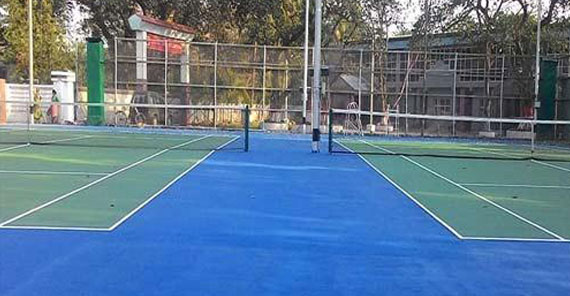
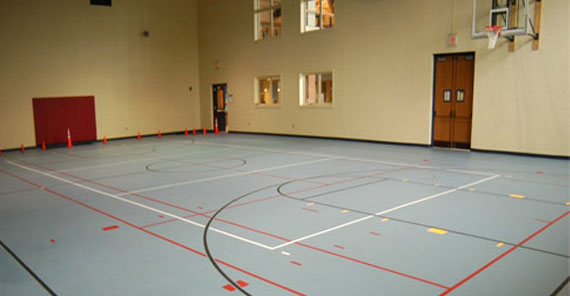
Ease of maintenance and low cost are the most often cited advantages of synthetic flooring. Because they are manufactured -- not grown on trees or dug from the ground as with natural products -- there is no shortage of the material for sale. The surfaces of lino, vinyl, laminate, and rubber flooring are designed to be water and scratch resistant. The cushioned under-layer to most synthetic flooring also makes it more comfortable, especially in the kitchen where standing for long periods of time is common.
Some synthetic flooring materials are valued in non-allergenic homes and health-care facilities because they are made of organic materials (linseed oil, jute, natural rubber) and are purportedly non-allergenic in nature.
Environmental Considerations
While synthetic flooring is often found in health care facilities, there are concerns about the impact of chemicals found in the materials and the adhesives used for installation. The use of resins and volatile organic compounds in synthetic floorings and in the glue applied to the flooring material may affect indoor air quality and affect some people negatively. Some materials emit harmful substances for years after their installation.
Environment friendly FitNext Rubber Tiles are manufactured entirely from recycled tyres crumb and provide a tough non slip, impact absorbing, maintenance free surface.
 Basic Black
Basic Black  Terra cotta Red
Terra cotta Red Hunter Green
Hunter Green Grey
Grey Yellow
Yellow Blue
Blue Chocolate
Chocolate
 Easy to install
Easy to install  Clean & Maintain
Clean & Maintain Environmentally Friendly
Environmentally Friendly Non-Slip
Non-Slip Low Maintenance
Low Maintenance Sound Reducing
Sound Reducing Impact Absorbing
Impact Absorbing Soft Underfoot
Soft Underfoot Alternative Appearance
Alternative Appearance
 Football Court Flooring
Football Court Flooring Synthetic Badminton Court Flooring
Synthetic Badminton Court Flooring Squash Court Wooden Flooring
Squash Court Wooden Flooring Synthetic Tennis Court Flooring
Synthetic Tennis Court Flooring Synthetic Volleyball Court Flooring
Synthetic Volleyball Court Flooring Synthetic Basketball Court Flooring
Synthetic Basketball Court Flooring Running Track Flooring
Running Track Flooring Sports Court Chain Link
Sports Court Chain Link

